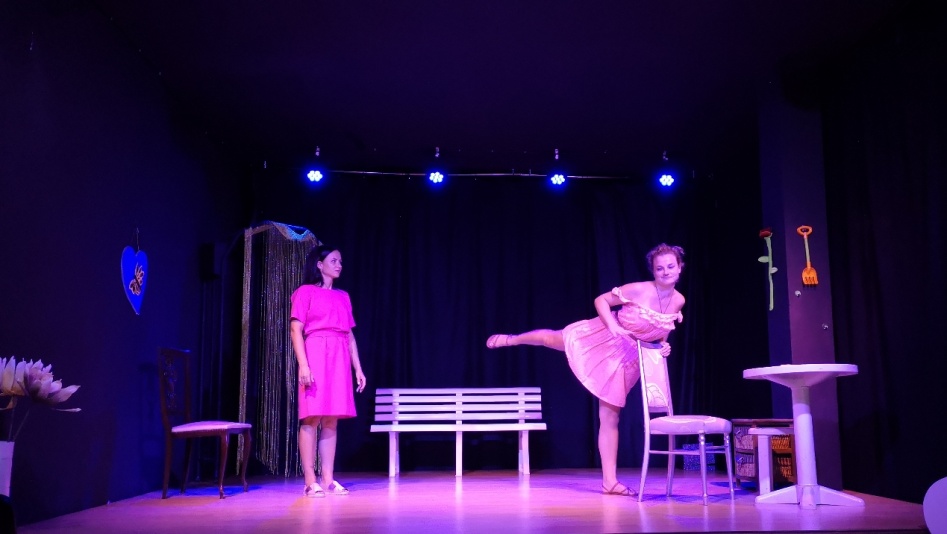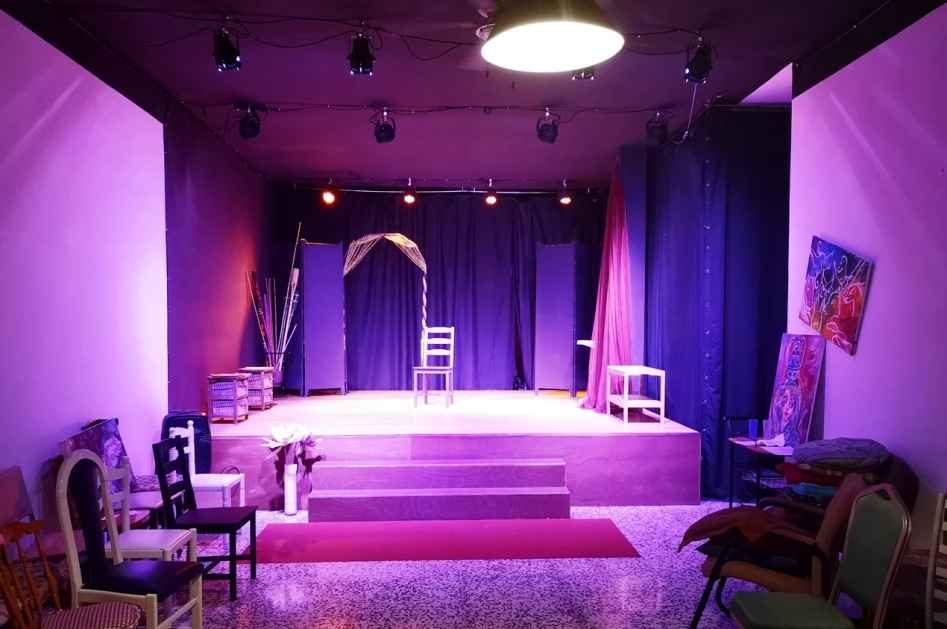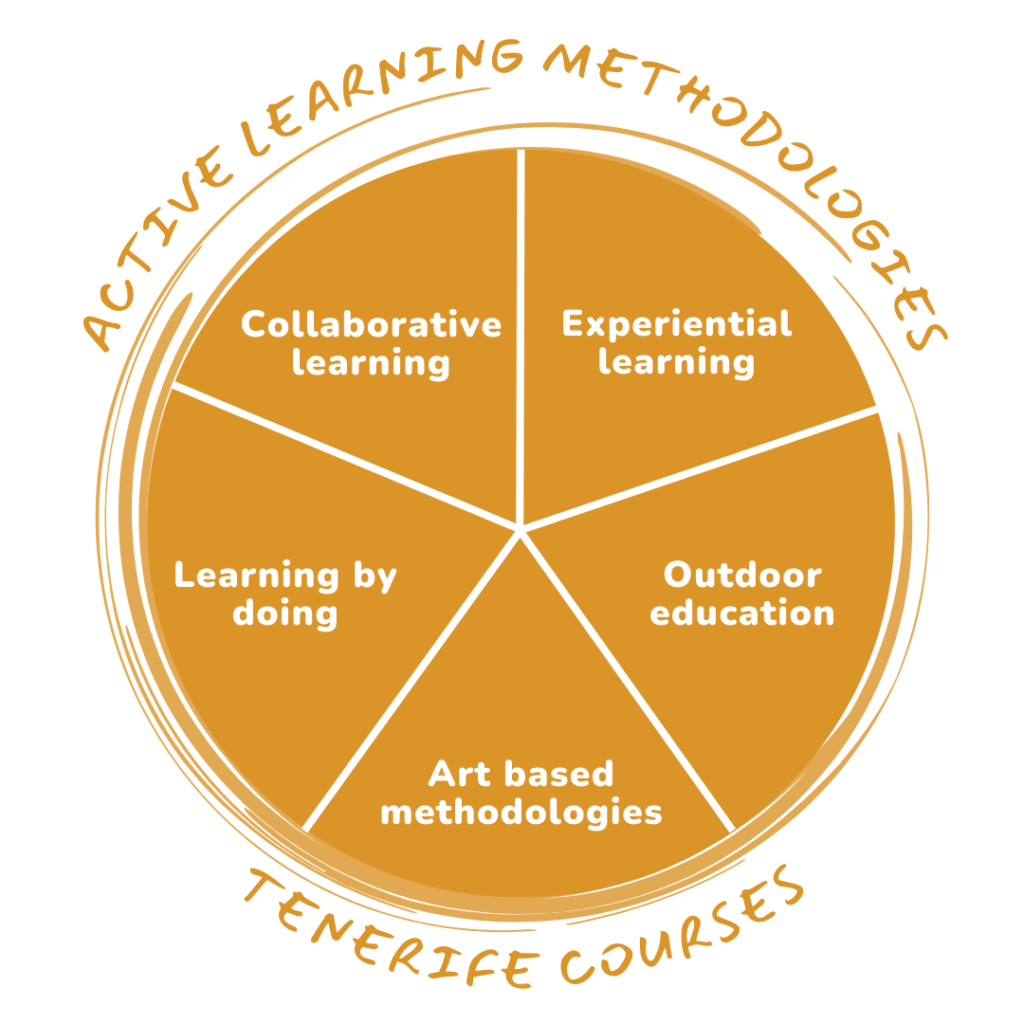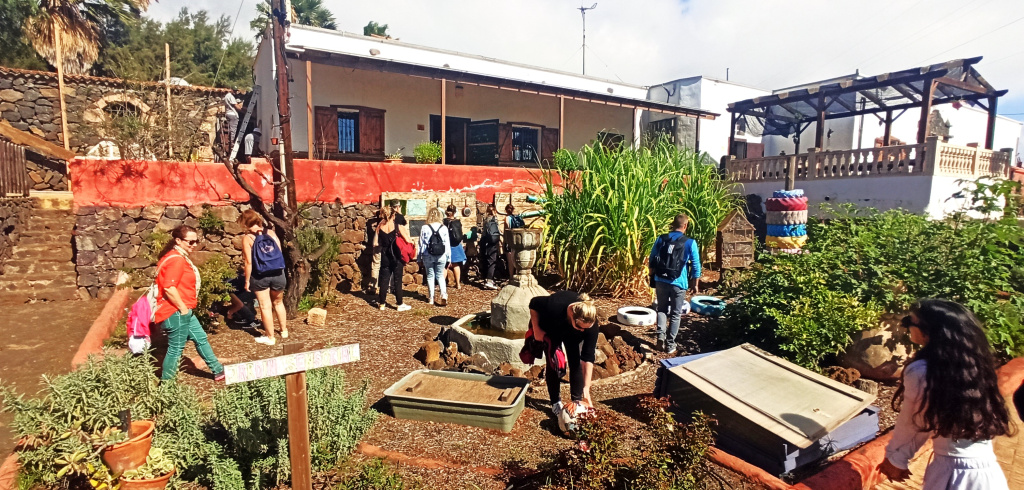Drama and theater techniques in education
The participants will learn about the drama methodology and improvisation theater techniques through hands on methods, role-plays, simulation exercises etc. The nature of this course is highly practical and hands on, so the participants will experience themselves the theater-based techniques while also reflecting on how to apply them to their context. They will learn how to design theater-based workshops and their multiple benefits for teaching values, skills, languages and other topics.



Methodology:
Our focus is on showing the participants how the learners’ motivation increases when they become the actors of their own learning because the teacher takes the role of facilitator or learning guide.
Energizers, games and group reflections are foreseen daily in order to ensure a positive energy and a cooperative learning climate in the group.
We tailor our working methods based upon the participants‘ needs and professional profiles in order to ensure easier adaptability and application of the tools to the real life.
We will take care of you
-
- Support and Emergency Helpline Whatsapp group with all participants for easy communication and interaction between each other.
- Useful pdf presentation with the most important information about food, transportation and places to visit in Tenerife.
- Free afternoons to explore beauty of Tenerife.
- Visit to Teide National Park – optional.
- No requirements for accommodation, you can choose whatever you want (in the city where the course takes place).

